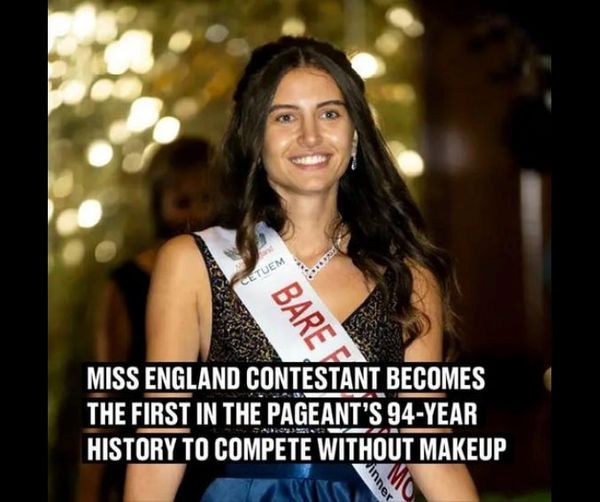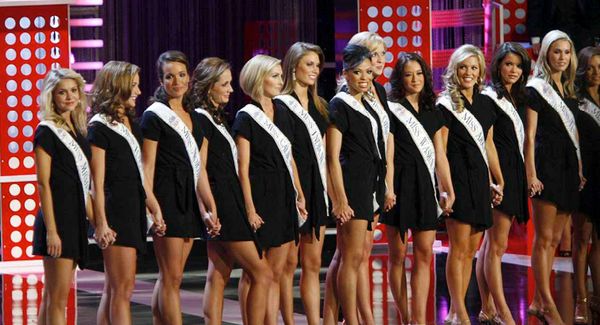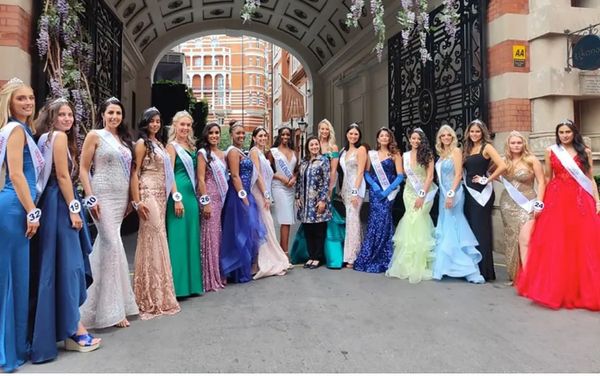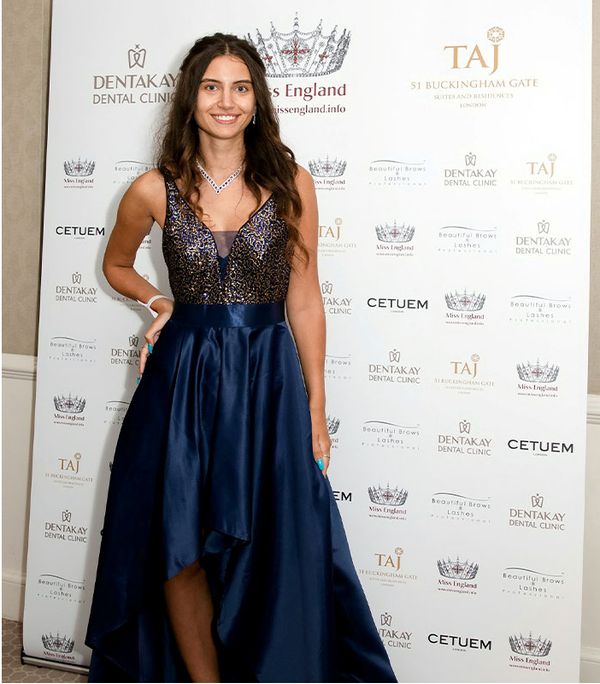
Melisa Raouf, a 20-year-old contestant in the Miss England pageant, is making history as the first woman to compete without wearing any makeup in the competition’s 94-year-long run. Her decision to go bare-faced is a bold statement aimed at promoting inner beauty and challenging societal beauty standards. Raouf believes that girls and women should not feel pressured to wear makeup and should embrace their natural flaws and blemishes. She hopes to inspire others to love and accept themselves just the way they are.

Embracing Natural Beauty
Raouf’s choice to compete without makeup is significant. In a society where beauty is often equated with looking flawless, she is breaking barriers and showing that beauty comes in all forms. Despite feeling insecure about her appearance in the past, Raouf has now accepted and embraced her natural beauty. She wants to inspire other girls and women to do the same.
“It means a lot to me as I feel many girls of different ages wear makeup because they feel pressured to do so. If one is happy in their own skin we should not be made to cover up our face with makeup,” Raouf explained. She believes that our flaws make us unique and that real beauty lies within simplicity.

Inspiring Confidence in Others
Throughout the pageant, Raouf has garnered support from many young women and girls who have been inspired by her confidence and self-acceptance. By challenging beauty standards and promoting inner beauty, Raouf has given others the confidence to feel better about their own appearances.
“With mental health being such a big topic, I want to make all girls feel good. I just want to remove all the beauty standards. I feel like all girls are beautiful in their own way, I feel like I’ve done it for all girls,” Raouf stated.
She is also passionate about advocating for children’s mental health and works closely with Papyrus, a UK organization devoted to preventing teen suicide. Raouf understands the importance of addressing the impact that societal beauty norms can have on young people’s mental well-being.

Embracing Authenticity
Angie Beasley, the organizer of the Miss England pageant, introduced the bare-faced phase in 2019 to combat the prevalence of heavily retouched photos and excessive makeup among contestants. Raouf’s decision to compete without makeup aligns with this initiative, and Beasley commends her for sending an important message to young women.
By showing her true self and embracing authenticity, Raouf is challenging the unrealistic beauty standards perpetuated by social media and popular culture. She hopes that her actions will encourage others to love and appreciate themselves just as they are.

The Impact of Social Media and Body Image
In today’s society, social media and popular culture play a significant role in shaping body image perceptions. Unrealistic beauty standards and the pressure to meet these standards can negatively impact individuals’ self-esteem and mental health.
It is not uncommon for people to develop a negative body image, constantly comparing themselves to others and feeling the need to measure up to societal ideals. This can lead to unhealthy behaviors and mental health problems.

The fashion and beauty industries, in particular, contribute to the spread of unrealistic beauty ideals. People are exposed to a narrow definition of what is considered “pretty” from a young age. Additionally, social media platforms often present an edited and curated version of reality, leading to distorted perceptions of what bodies should look like.
While social media can contribute to negative body image, it can also be a platform for promoting a positive body image. Taking breaks from social media, unfollowing accounts that make you feel inadequate, and following body-positive influencers can help foster a healthier relationship with one’s body.

Embracing Positive Body Image
Having a positive body image means being comfortable and at ease with one’s appearance. It involves embracing a wider definition of beauty, loving and caring for one’s body in healthy ways, and not letting external factors dictate one’s self-worth.
Contrary to popular belief, achieving an ideal appearance does not automatically guarantee self-acceptance and happiness. It is important to work towards a positive body image regardless of how one may appear.

Celebrating Individuality and Appreciating Our Bodies
No matter how someone looks, it is essential to develop a sense of appreciation for our bodies. Embracing our natural flaws and loving ourselves just the way we are is a powerful act of self-acceptance. Let’s celebrate the diversity of beauty and encourage others to embrace their individuality.

Please share this article if you agree that everyone should be able to appreciate their bodies and feel confident in their own skin.





